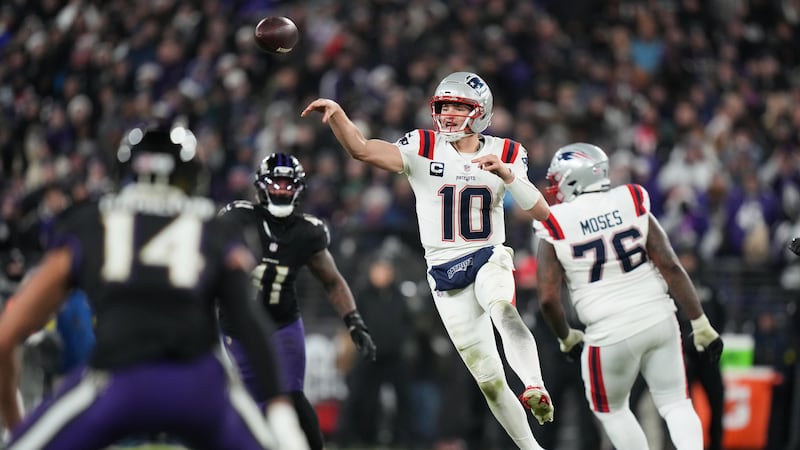FORT LAUDERDALE, Fla. (AP) — Florida appellate judges on Tuesday questioned the legality of search warrants that let police secretly video record New England Patriots owner Robert Kraft and others paying for massage parlor sex, pressing a prosecutor on his contention that the warrants were legally valid.
Deputy Solicitor General Jeffrey DeSousa found himself repeatedly queried by the three-judge panel as he tried to persuade them that the warrants and searches met all constitutional protections and that they should overturn lower court rulings that barred the recordings' use at trial.
Misdemeanor charges against Kraft, 79, and other customers would have to be dropped if those rulings stand, although felony charges against the spa owners might proceed as there is other evidence against them.
Kraft and others were charged in February 2019 in a multi-county investigation of massage parlors that included the secret installation of video cameras in their lobbies and rooms. Police say the recordings show Kraft and other men engaging in sex acts with women and paying them.
Judge Robert Gross, who presided at the Florida Fourth District Court of Appeal hearing, seemed taken aback by DeSousa's contention that he and his colleagues should primarily consider the plain language of the Fourth Amendment. It says judges can issue warrants if police demonstrate there is probable cause of a crime and the warrants must specify the place to be searched and the people or property to be seized.
PREVIOUS: Robert Kraft’s prostitution case heads to appellate court
Gross told DeSousa he seemed to be ignoring numerous rulings by the U.S. Supreme Court expanding Fourth Amendment protections since the 1960s, including some that restricted electronic surveillance by police.
“You are getting us off on the wrong foot by focusing on the language of the Fourth Amendment when we should be focusing on the Supreme Court jurisprudence....that is heavily weighted against you,” Gross told DeSousa.
Florida attorney and legal analyst Joy Ragan told Boston 25 News why the judge ruled in that direction:
“You have to tailor what you’re doing very narrowly so that you are not getting innocent people; for example here, women that were going into the spa, half-naked on video – none of us want all of the sheriffs’ attornies to be able to see that,” Ragan said.
Related: Pats fined $1.1M, lose pick for filming game last season
Prosecutors argued the intention of most of those who went to the day spa was clear.
“Most, if not all, of the spa’s customers that would be recorded on video would ultimately pay for prostitution, and that expectation proved to be overwhelmingly correct,” said Jefferey Desousa, a prosecutor.
Kraft’s attorney said the original decision to throw out the surveillance video was the right one. No final decision came Tuesday, but Ragan believes there were indicators during the oral arguments.
“I think that the District Court of Appeals is leaning toward affirming the decision,” Ragan said.
That would mean video surveillance would stay out. It would be another win for the Kraft legal team.
Boston 25 News reporter and anchor Scott McDonnell contributed to this report.
© 2020 Cox Media Group





